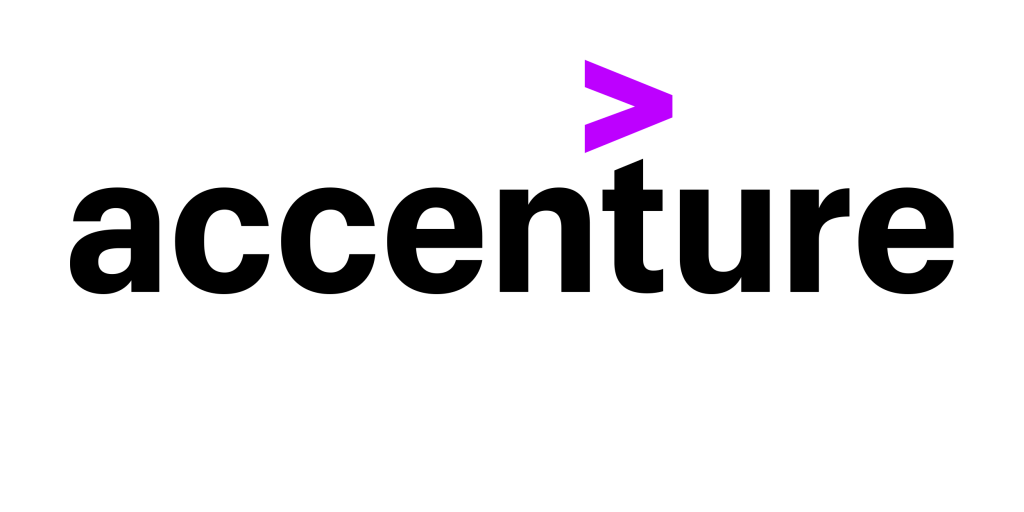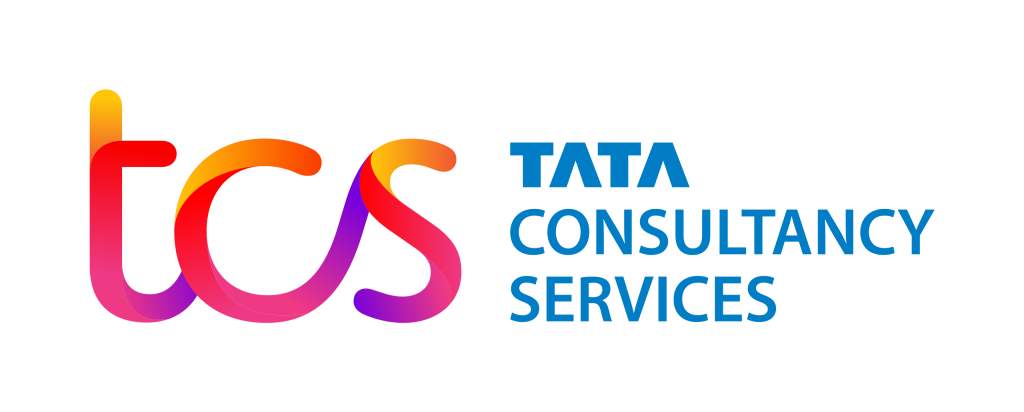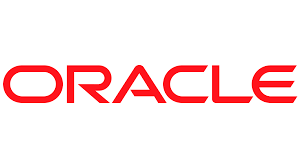Job Overview:
| Job Role | Software Engineer Associate |
| Job Type | Full Time |
| Experience | Freshers |
| Qualification | Bachelor’s/Master’s Degree |
| Year of Passing | Recent Batches |
| Salary | 37.5 LPA (Estimated) |
| Job Location | Bangalore |
| Last Date | Apply Before the link Expires |
Goldman Sachs is Hiring For Software Engineer Associate
About Company :
Goldman Sachs is a leading global investment banking, securities, and investment management firm, founded in 1869 and headquartered in New York City. They provide a wide range of financial services to a substantial and diversified client base including corporations, financial institutions, governments, and individuals. In India, with major technology hubs in Bengaluru and Hyderabad, Goldman Sachs is integral to their global businesses, leveraging innovative engineering to build scalable software and systems that drive financial markets and solve complex problems for clients worldwide.
Official Company Website : www.goldmansachs.com

-> CGI is hiring for Apprentice | CGI Off Campus Drive 2025 – Apply Now
Goldman Sachs is Hiring For Software Engineer Associate Position:
Job Description :
Goldman Sachs seeks Software Engineer Associates to design, develop, and maintain critical technology platforms across various divisions. You’ll build scalable, high-performance enterprise applications, often involving modern microservice architectures and diverse programming languages like Java, Python, and C++. Responsibilities include system design, troubleshooting, ensuring code quality, and collaborating globally with product and business teams. This role demands strong analytical skills and a passion for innovation in a fast-paced financial technology environment.
Minimum Qualifications:
• Bachelor’s or Master’s degree in Computer Science or a related engineering discipline.
Job function: Software Engineer Associate
Skills/experience:
For a Software Engineer Associate role at Goldman Sachs, candidates are expected to possess a strong foundation in computer science and practical software development experience. Here are the key skills and experience points:
- Core Programming Languages: Strong proficiency in at least one or more object-oriented programming languages such as Java, Python, C++, or C#. Java is frequently emphasized.
- Data Structures & Algorithms (DSA): In-depth knowledge of fundamental data structures, algorithms, and their complexities, with the ability to apply them to solve complex problems.
- Object-Oriented Design (OOD) & Design Patterns: Solid understanding of OOD principles and common design patterns, enabling the creation of scalable and maintainable software.
- Distributed Systems & Scalability: Familiarity with concepts related to distributed systems, microservice architecture, multi-threading, concurrency, and building highly scalable and performant applications.
- Databases: Experience with relational databases (e.g., Oracle, Sybase, PostgreSQL, DB2) and/or NoSQL databases (e.g., Cassandra, MongoDB), including SQL proficiency.
- Web Technologies (Frontend/Backend): Depending on the role, experience with web development frameworks (e.g., React, Angular for frontend; Spring, Node.js, DropWizard for backend) and RESTful APIs.
- Version Control & SDLC: Hands-on experience with Git for version control and a strong understanding of the Software Development Life Cycle (SDLC) and agile methodologies.
- Problem-Solving & Analytical Skills: Excellent analytical and problem-solving abilities, with a proven track record of breaking down complex issues and proposing effective solutions.
- Communication & Collaboration: Strong written and verbal communication skills, with the ability to effectively collaborate within global, cross-functional teams and with business stakeholders.
Responsibilities:
Here are the key responsibilities:
- Software Development & Delivery: Design, develop, test, deploy, and maintain robust, scalable, and high-performance software applications and systems.
- System Design & Architecture: Participate in the technical design and architectural discussions for new features and existing system enhancements, focusing on distributed and low-latency solutions.
- Problem Solving & Troubleshooting: Analyze and resolve complex technical issues, provide production support, and identify root causes for system malfunctions.
- Code Quality & Best Practices: Contribute to rigorous code reviews, adhere to secure coding standards, and ensure the maintainability and reliability of the codebase.
- Cross-functional Collaboration: Work closely with product managers, business analysts, and other engineering teams globally to gather requirements, define solutions, and deliver features.
- Agile Development: Actively participate in the full Software Development Life Cycle (SDLC) within an agile framework, including sprint planning, daily stand-ups, and retrospectives.
- Automation & Efficiency: Develop automation tools and processes to improve development workflows, testing, and deployment pipelines (CI/CD).
- Data Management: Work with various data stores (relational and NoSQL databases) and messaging systems (e.g., Kafka) to ensure efficient data flow and processing.
- Innovation & Learning: Stay updated with emerging technologies and industry trends, evaluate their potential applicability, and contribute to the firm’s continuous technological advancement.
Education requirements:
- Bachelor’s Degree: A foundational requirement is a Bachelor’s degree.
- Master’s Degree (Preferred/Plus): A Master’s degree in a relevant field is often preferred or considered a significant advantage.
- Relevant Fields: Degrees in Computer Science, Computer Engineering, Electrical Engineering, or a closely related quantitative field are generally required.
- Strong Academic Record: While not always explicitly stated, a high GPA or strong academic performance in relevant coursework is usually expected.
- Foundational CS Knowledge: Demonstrated strong understanding of core computer science concepts including data structures, algorithms, operating systems, and computer networks.
- Object-Oriented Programming (OOP): Solid coursework or practical experience showcasing strong understanding and application of OOP principles.
- Database Coursework: Exposure to database concepts, including relational databases and SQL, through academic courses.
- Problem-Solving Focus: Academic projects or coursework that highlight strong analytical and problem-solving abilities.
- Continuous Learning Aptitude: An demonstrated eagerness and capacity to learn new programming languages, technologies, and financial concepts.






